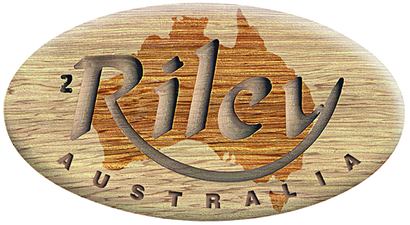Your Cart is Empty
Balsawood V's Paulownia
Here are some points of differences –
Balsawood is half the weight of paulownia. So your boards and kits will be 30-40% lighter.
Balsa wood and paulownia are both lightweight woods, but they have some differences:
- Density and Weight: Balsa wood is known for being extremely lightweight and has one of the lowest densities of any wood. Paulownia is also lightweight but is denser and 50% heavier compared to balsa.
- Strength: Balsa wood is not very strong or durable compared to other woods. It's known for its softness and low strength-to-weight ratio. Paulownia, while still lightweight, is stronger and more durable than balsa wood. It has better structural integrity and is often used in applications where some strength is required.
- Applications: Due to its lightweight and buoyant nature, balsa wood is commonly used in model making, crafting, and even some construction applications where weight is a concern. Paulownia, on the other hand, is used in a wider range of applications including furniture making, musical instrument construction (such as guitars), and even in some boat building due to its strength-to-weight ratio and resistance to rot.
- Grain and Appearance: Both woods have a relatively straight grain, but paulownia tends to have a finer texture and a slightly more pronounced grain pattern than balsa wood. Paulownia often has a light, creamy colour, while balsa wood can range from a very pale cream to a light brown colour.
- Freight: Balsa being lighter you will have on your freight costs.
- Flex:The building tasks to be able to bend balsa is a lot easier giving you better joints fewer joins and more rocker in your overall board.
- Wear and Tear: There is less wear on your tools and machinery and easier and faster cutting and sanding.
- Resin:Resin will absorb and stick to balsa better because the grain is more open. So a better bond will occur.
- Weight:Balsa weights average 150kg/m3 and Paulownia is 300kg/m3
Overall, while both kinds of wood are valued for their lightweight properties, paulownia is typically considered stronger and more versatile to building furniture compared to balsa wood more suited for surfboards.
